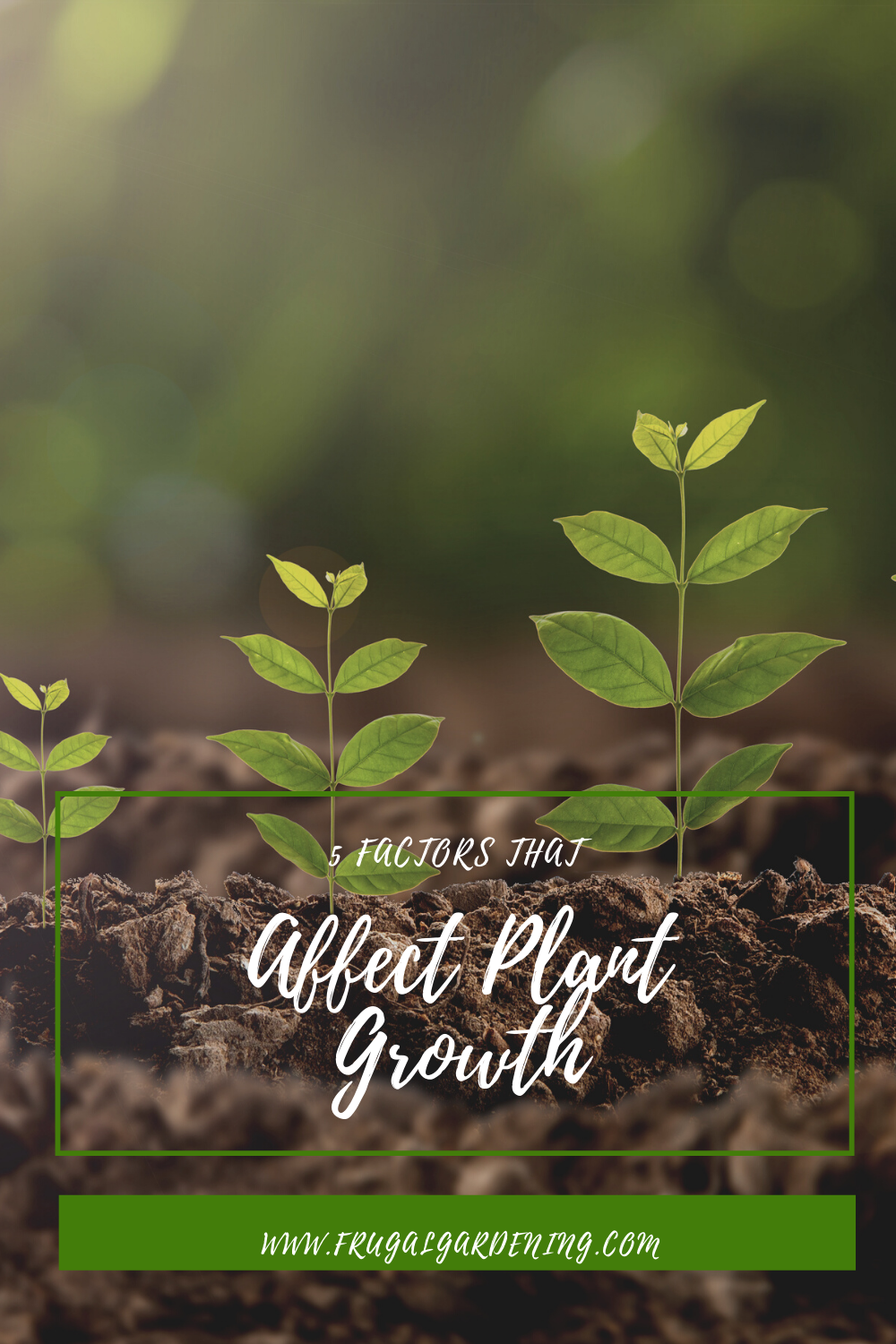
Many factors affect plant growth. Plants have a few basic needs. Having these needs unmet will cause them to perish. There are also factors outside of a gardener’s control that can impact how well a plant grows. While some variables are out of your control, there are things that you can influence.
What affects plant growth?
Plants need several things to stay happy. If you have the ability to control these variables, doing so can help your plants thrive.
Sunlight
Sunlight is the lifeblood of a plant. Without it, plants die. Sunlight enables photosynthesis, which is the process that allows plants to process nutrients. Without sunlight, they can’t properly take up nutrients. Some plants need more sunlight than others and providing your plants with the right amount of sunlight is key. Giving plants like lettuce too much sun can cause them to wilt, bolt prematurely, and wither. Not giving enough sun to plants, like eggplant, can stunt their growth and diminish overall yields.
Water
Honestly, this is probably the most confusing task for gardeners to get right. Even the most experienced gardeners sometimes over or under water their plants. It’s one of the important factors that affect plant growth. When you’re gardening outside, Mother Nature does some of the work for you. Indoors, it’s all you, baby. Either way, watering is a bit of an art. Without water, plants will eventually die—even the most drought tolerant. Outside, mulch is a helpful way to retain moisture. Irrigation systems can also help you water deeply and consistently—and waste less. Inside, I highly recommend getting an app that reminds you to water on a schedule or creating a makeshift calendar of your own. Watering plants that have different moisture needs on the same schedule is a recipe for disaster.
Air
Plants are a lot like people. They don’t like being squeezed together like sardines. Pack them too close, and you can encounter problems like stunted growth, pests, and disease. Space plants accordingly to prevent overcrowding. Keeping them spaced apart helps improve air circulation, which will reduce instances of disease. It’ll also give your plants plenty of room to grow. If you’re a patient person, you can try an experiment. Plant squash close together instead of following seed packet spacing guidelines and plant them in another area where they have plenty of room to breathe. You’ll see a noticeable difference in how they grow.
Temperature
Out of all the factors that affect plant growth, this one can be tricky to control—especially outdoors. The weather can be unpredictable. Sometimes, even the most diligent gardeners end up with dead or sickly plants on their hands because an unexpected frost occurs. You can use crop protection and other tricks to play around with temperature, but when it gets really cold, there’s nothing you can do to stop the freeze. When starting seeds, getting the temperature right is key. Tomato and pepper seeds, for instance, won’t even germinate if the soil is too cold.
Nutrients
Plants need food to survive. Often, good quality soil that’s amended yearly contains plenty of nutrients to get you through a vegetable gardening season. However, that’s not always the case. Poor nutrient uptake can happen for several reasons, including inadequate pH and environmental conditions. Without the right nutrients, plants can become diseased and stunted and provide a diminished or non-existent yield.

Steph Coelho is a freelance writer gardening in zone 5b. She is a certified Square Foot Gardener and has taught various garden-related workshops. When she’s not digging in the dirt or writing, she’s cooking up fresh produce, running, or listening to her favorite podcasts.
Leave a Reply